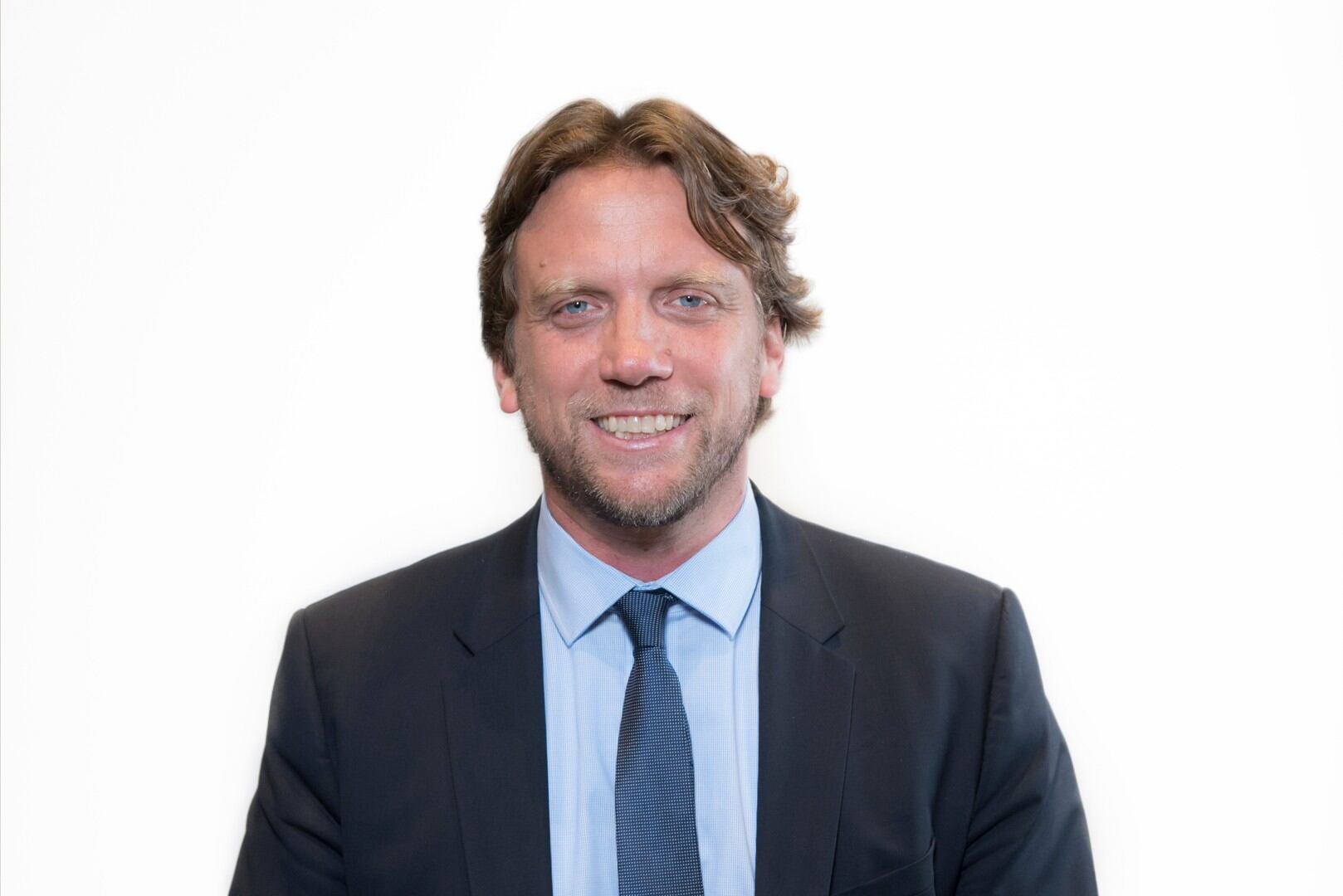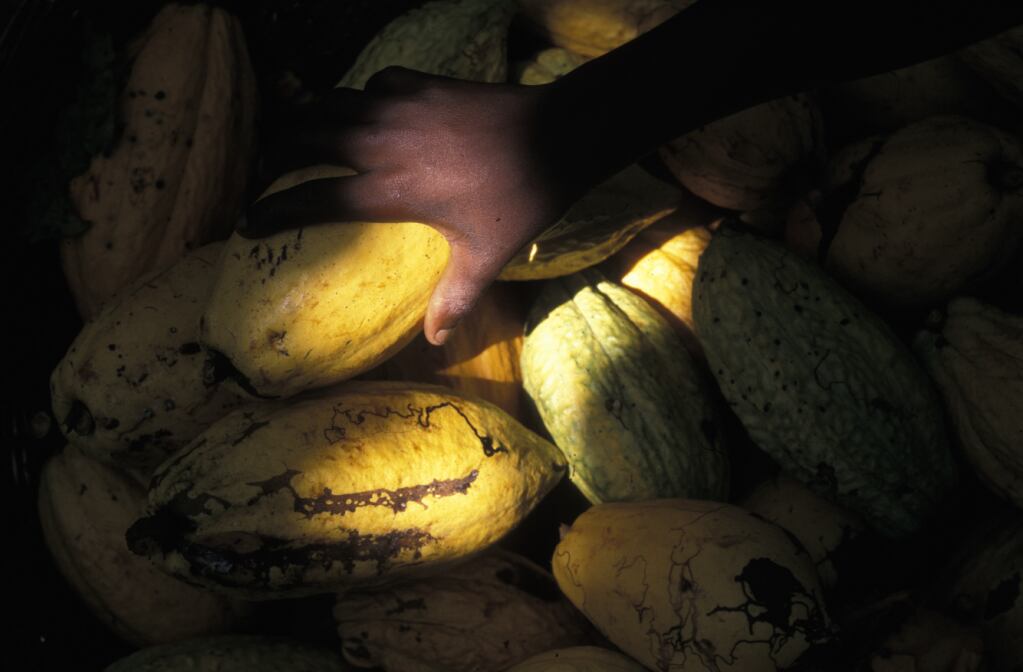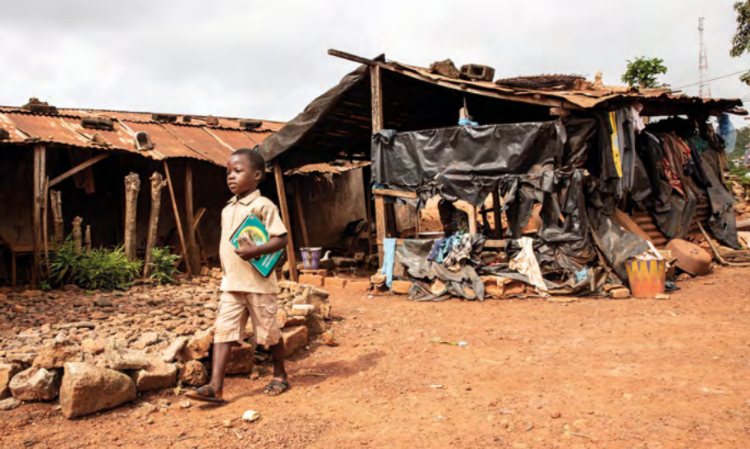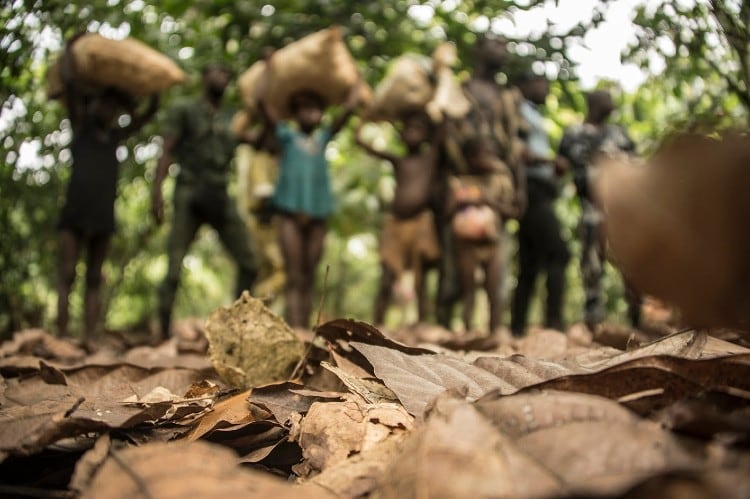Veglio’s current role is managing director of the World Business Council for Sustainable Development, and he replaces founding president Ernst A Brugger who held the post for two years.
"I look forward to working with all Platform stakeholders. We need to strengthen our efforts in order to achieve the Cocoa Platform's long-term goal: ensuring that all cocoa imported into Switzerland is sourced from sustainable production. To that end, we will continue to concentrate on the four most urgent challenges: Working to achieve a living income for cocoa farmers and their families, avoidance of the worst forms of child labour, the preservation of existing forests and protected areas, and transparency and traceability in the value chain," said Veglio.
To strengthen European collaboration, the Cocoa Platform signed a memorandum of understanding in June 2020 with two partner initiatives in Germany and Belgium.
Veglio said: "We will try to expand these activities over the next few years and work with our European partners to increase our leverage in the global value chain."
The three countries in the European partnership account for about 19% of cocoa imports worldwide.
Living income
The issue of how cocoa farmers can earn a living income is currently a major concern for the entire cocoa and chocolate industry - and will be a priority for the Swiss Platform for Sustainable Cocoa.
Despite considerable efforts, the living conditions of cocoa farmers and their families remain difficult. It is also estimated that 2.1 million children worldwide still work on cocoa plantations, its research shows.
And the Platform says the COVID-19 pandemic has aggravated the problem further.
"This deep-rooted and structural poverty requires a holistic approach," said the outgoing Brugger.
"In addition to fair prices, we need to see increased productivity, product diversification and significantly better framework conditions, including clear ownership rights, access to microcredits, improved education and health care, and the promotion of women.This also requires intensified collaboration with partner initiatives and producer countries.”




